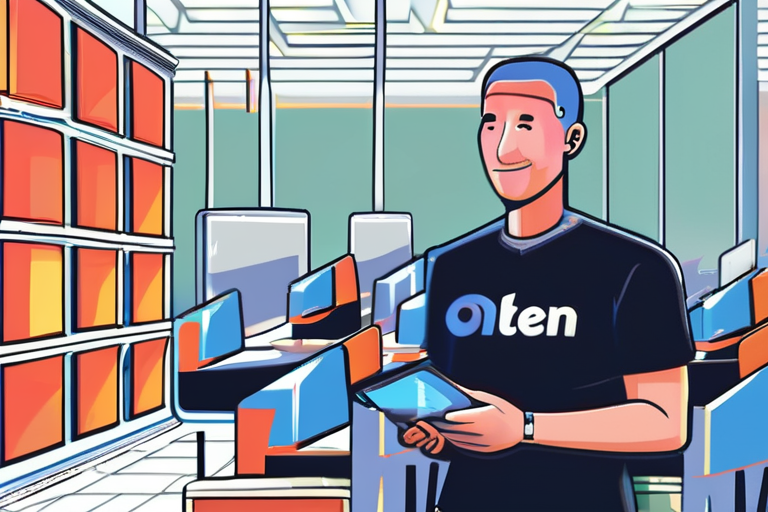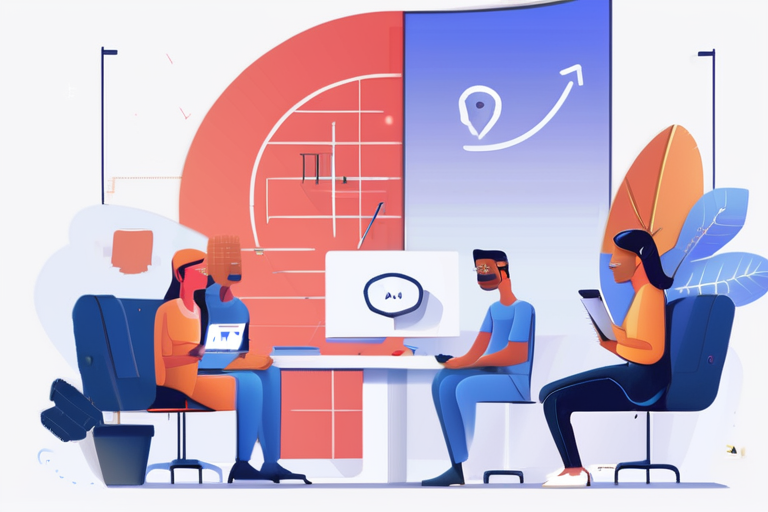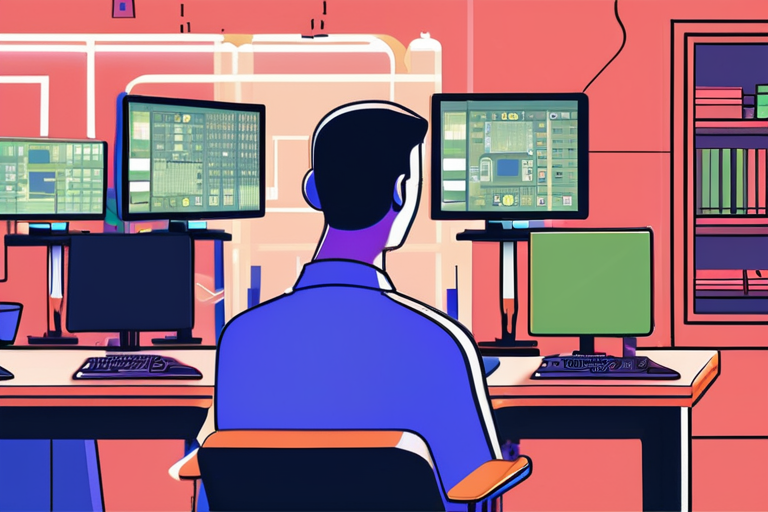OpenAI's Valuation Surges Amid AI Boom, But Regulatory Challenges Loom
In a remarkable turn of events, OpenAI's valuation has skyrocketed to an estimated $80 billion, fueled by the phenomenal success of its AI chatbot, ChatGPT. The company's market capitalization has more than tripled since 2022, driven by the rapid adoption of its text-generating AI technology. With 300 million weekly active users, ChatGPT has become an indispensable tool for individuals and businesses alike, transforming the way people work, communicate, and create content.
Financial details and metrics reveal the staggering scale of ChatGPT's impact. In 2024, OpenAI generated an estimated $1.5 billion in revenue, primarily from its premium subscription service, ChatGPT Plus. The company's user base has grown exponentially, with a 50% increase in just six months. Moreover, OpenAI's partnership with Apple for its generative AI offering, Apple Intelligence, has further solidified its position in the market.
The AI boom has created a new landscape for businesses, with ChatGPT at the forefront. The technology has enabled companies to automate routine tasks, enhance customer experiences, and drive innovation. However, this rapid growth has also raised concerns about the potential risks and consequences of AI adoption. As ChatGPT continues to evolve, it is essential to address the regulatory challenges that come with its increasing influence.
Founded in 2015 by Elon Musk, Sam Altman, and Ilya Sutskever, OpenAI initially aimed to develop AI that would benefit humanity. The company's early success was marked by the release of its first AI model, GPT-3, which demonstrated remarkable language understanding and generation capabilities. However, in 2022, OpenAI faced a significant setback when it was forced to lay off 25% of its staff due to financial constraints.
In recent years, OpenAI has made significant strides in AI research and development. The release of GPT-4 in 2023 marked a major milestone, with the model showcasing improved performance and capabilities. The introduction of voice capabilities and the highly-anticipated launch of its text-to-video model, Sora, have further cemented OpenAI's position as a leader in the AI industry.
As OpenAI continues to push the boundaries of AI innovation, it faces increasing competition from Chinese rivals like DeepSeek. The company's efforts to shore up its relationship with Washington and pursue an ambitious data center project have been met with skepticism by some analysts. Moreover, the ongoing lawsuits from Alden Global Capital-owned newspapers alleging copyright infringement have raised concerns about OpenAI's business practices.
Looking ahead, OpenAI's future outlook appears promising, but also fraught with challenges. As the company continues to navigate the complex regulatory landscape, it must balance its pursuit of innovation with the need for accountability and transparency. The AI industry is at a crossroads, and OpenAI's success will have far-reaching implications for businesses, governments, and society as a whole.



























Share & Engage Share
Share this article